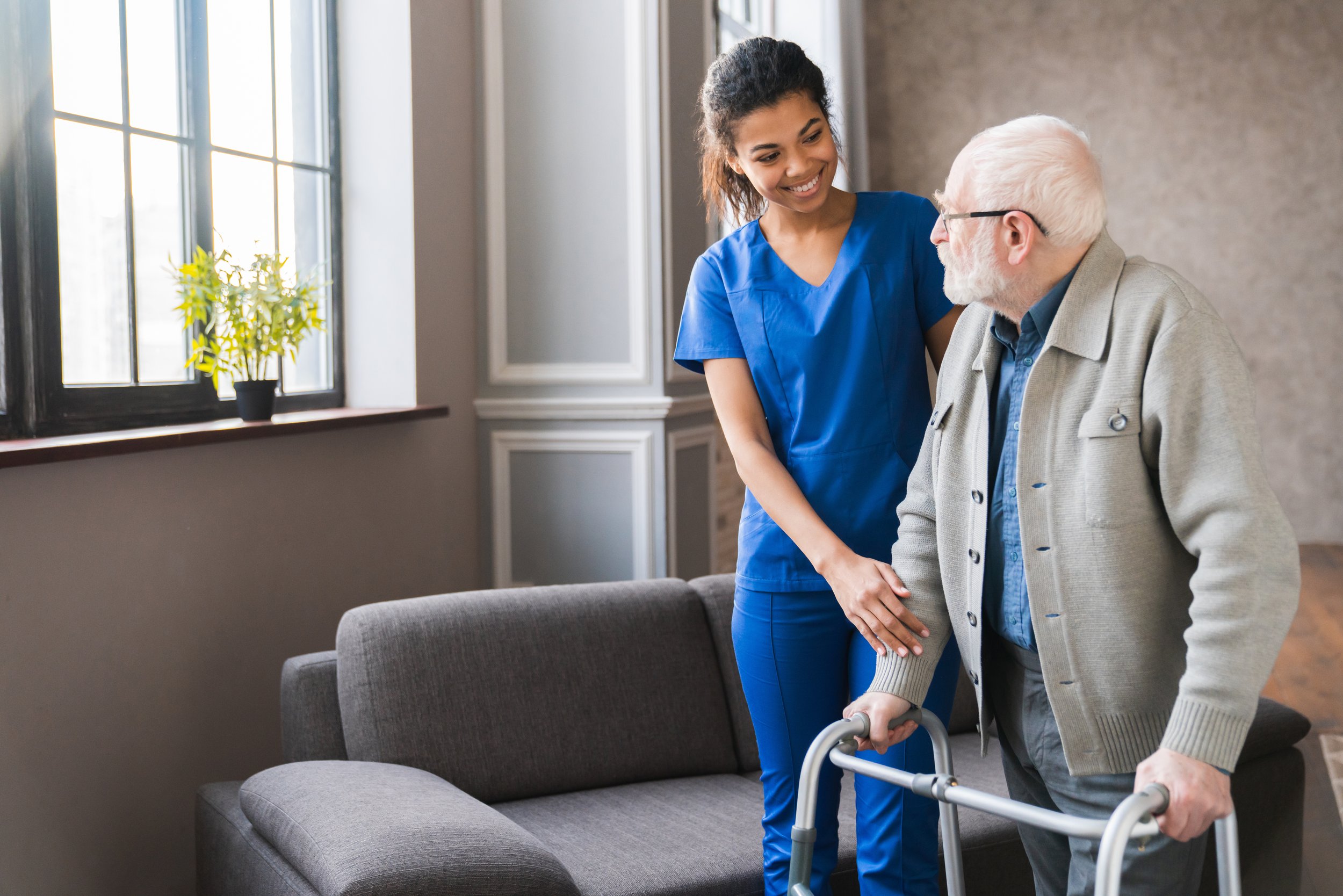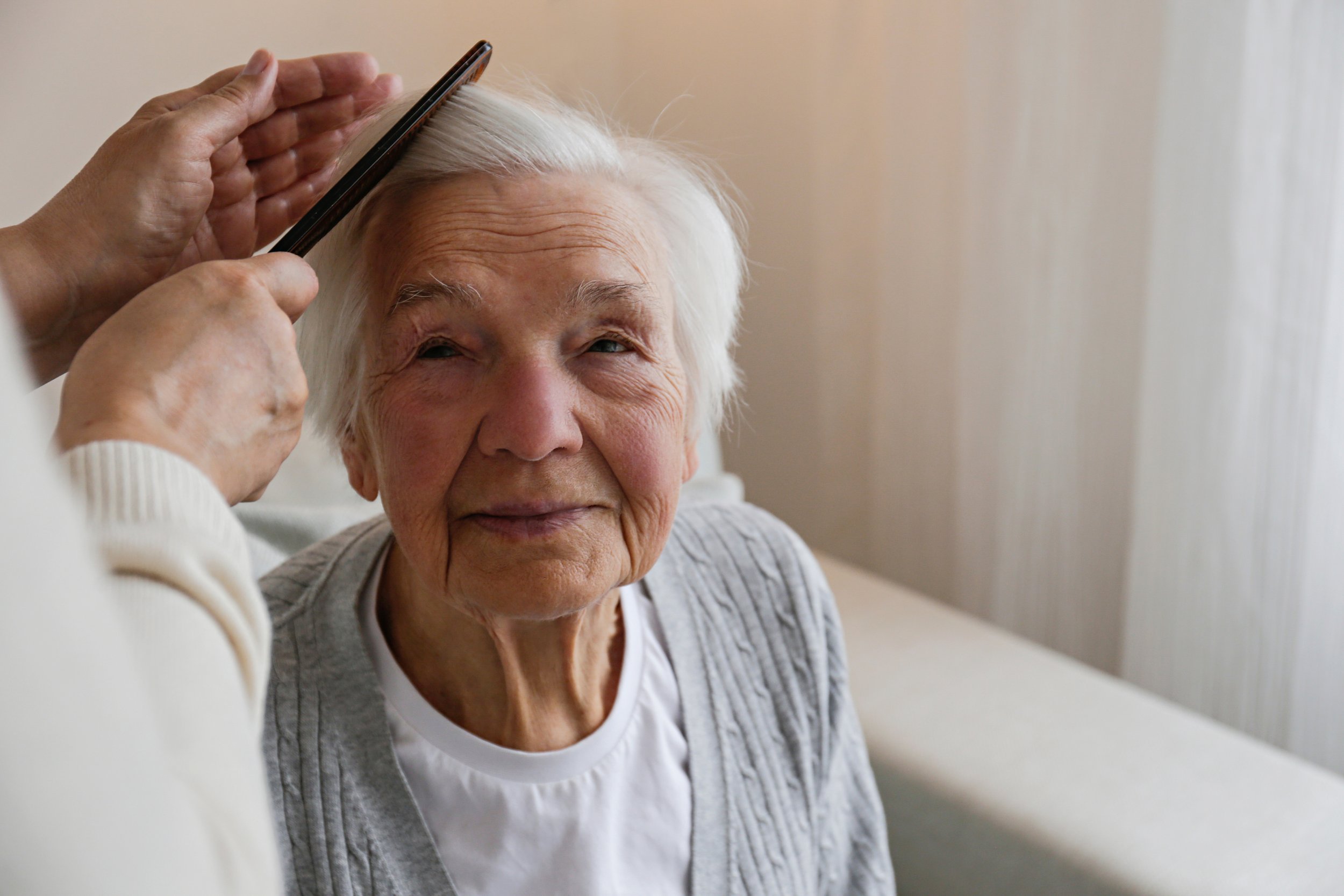
Let’s change Memory Care for Good.
With education and training, we can improve the way memory care is provided.
Educated caregivers make all the difference.
the need is great.
We have wonderful caregivers at all levels of education and skills in our memory care communities and in homes across the nation. Yet in my years of leading educational events, I have discovered an overwhelming need. It was apparent at every level of care — from family caregivers to nurses and support staff in communities — that caregivers did not appear to know or understand that dementia means brain damage.
There was a recognizable lack of understanding among caregivers of what was physically happening to the person with dementia. Education regarding the connection between the damaged and dying brain and the behaviors and physical function of the person is woefully lacking.
It was sobering to discover there was little to no evidence to suggest that family or professional caregivers recognized the person with dementia as having a terminal brain disease. And no one was aware that people with dementia fall, fracture hips, and develop urinary infections directly as a result of brain damage due to dementia.
Treating dementia as a brain disease changes our core approach to care.
Our professional and family caregivers must be aware of the different dementias and the behaviors commonly associated with each. They must understand how these diseases impact the brain lobes, and the basic functions of each lobe. All these things affect the person with dementia and determine the caregiver’s approach and skill sets.
The main lesson caregivers must learn: For the person with dementia, behavior is not intentional. It’s a part of the disease process, a part of their personality, a part of their lifelong aches and pains, a reaction to how they are approached, a result of their vision loss, a side effect of their medication, a symptom of infection.
My goal is to provide information and educate caregivers of all types and ultimately change the way memory care is delivered for the good of the person with dementia as well as the caregivers.

